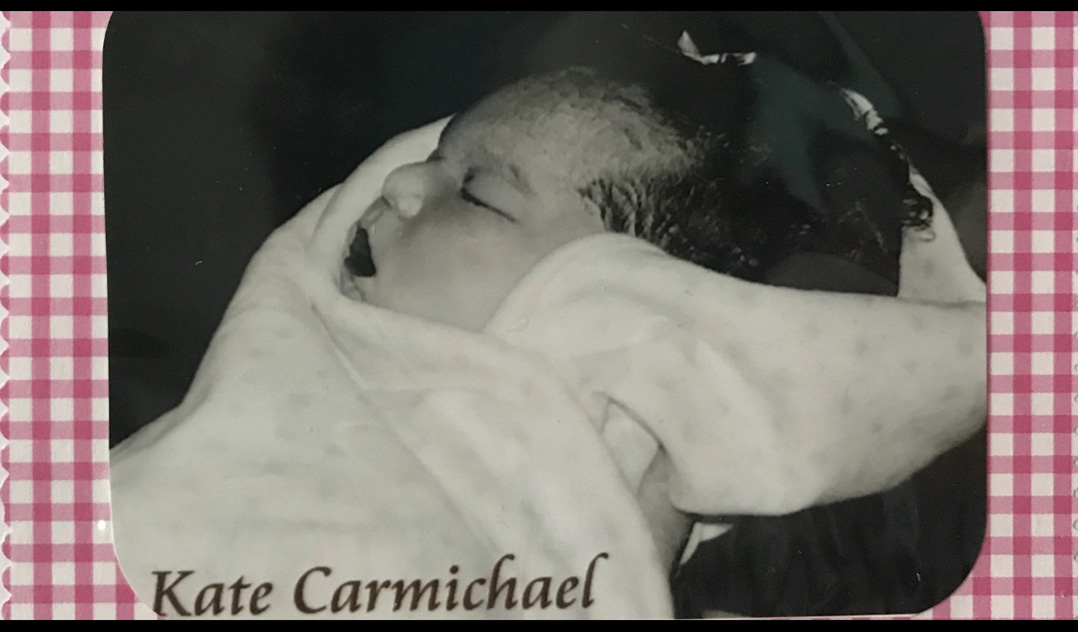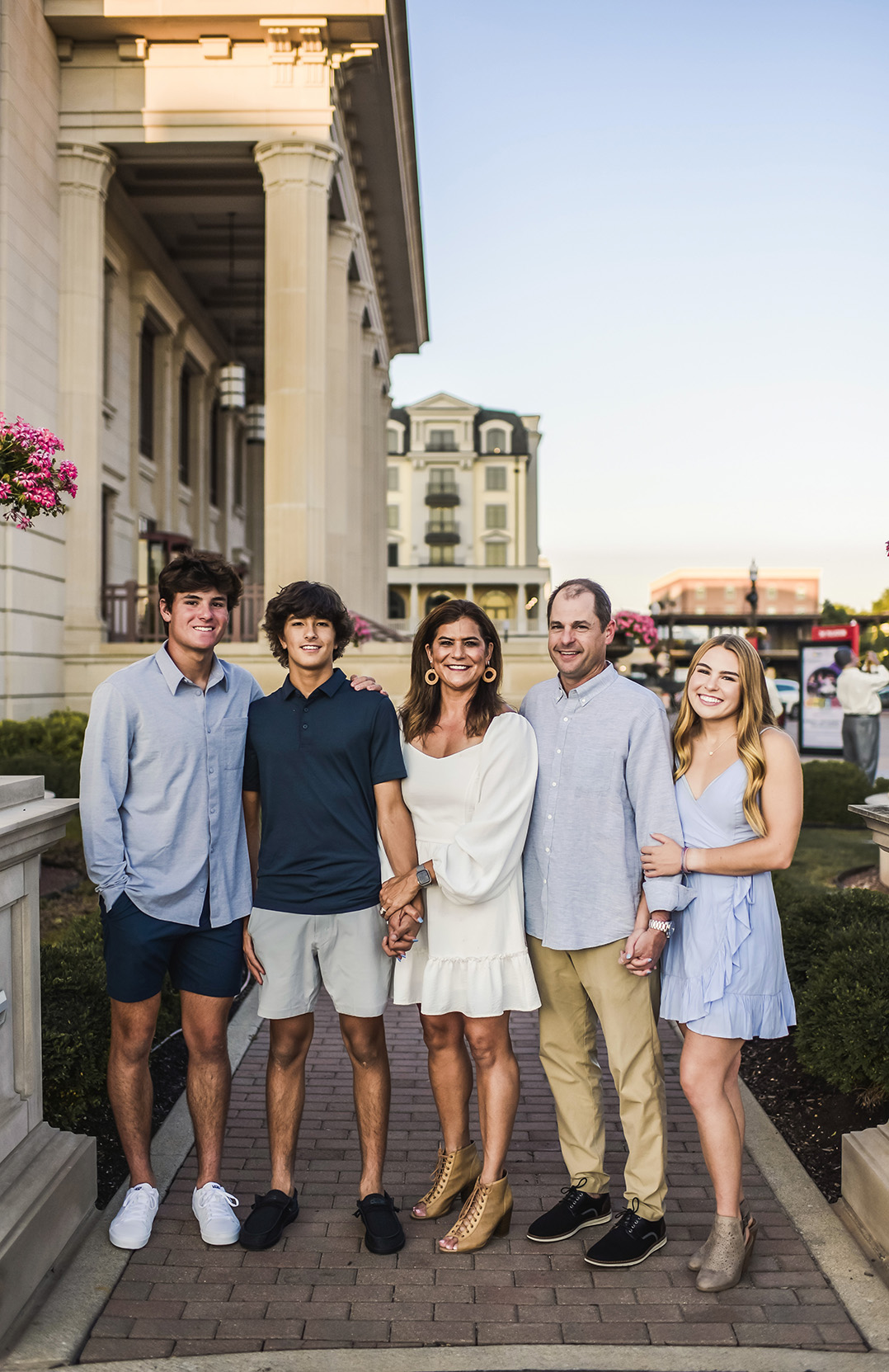Katherine Jean “Kate” Carmichael, the second daughter of Kepten and Michelle Carmichael, was, without warning and with no apparent cause, stillborn on Jan. 20, 2003.
Grieving and left without answers, the Carmichaels, Carmel residents, turned their tragedy into a means of helping others experiencing a similar situation.
Soon thereafter, the Carmichaels started the Kate Cares Stillbirth Assessment Program, a foundation that supports families affected by stillbirth by helping them process their grief and understand why their child was stillborn, provide information about the chances of another stillbirth and possible treatments and actions that might reduce the risk, and facilitate research that could lead to fewer stillbirths. According to the American College of Obstetricians and Gynecologists, one in 160 deliveries in the U.S. is a stillbirth.
Establishing Kate Cares has been “very, very fulfilling,” Michelle Carmichael said. She and her husband have three other children – a daughter, Allie, 21; and sons Cam, 18, and Cal, 15.
“It makes me feel like Kate’s life had a purpose beyond being our daughter,” Michelle Carmichael said.

The Kate Cares services are available at Riley Hospital for Children and the Indiana University network of hospitals, among others. A long-term goal is to be in every hospital in Indiana and beyond the state, Carmichael said. Kate Cares is the only program of its kind in Indiana, she said.
When a stillbirth occurs, the case is referred to Kate Cares coordinator Allison White, a bereavement nurse who took the part-time position in January and had her own pregnancy that resulted in stillbirth. That sets into motion a process that includes grief and bereavement services, extensive diagnostic testing (including physical examinations, X-rays, genetic testing and blood tests), a review of medical records and autopsy evaluation. The case is reviewed by a multidisciplinary medical team, and the results are sent to the patient’s referring healthcare provider.
Many of the services, including the case review, are free. Any costs to the patient depend on the level of testing and insurance coverage, White said. Families can opt out of part of or all the Kate Cares services.
In every case, the goal is to be there for families “so people don’t feel what I felt, or other people felt, how the Carmichaels felt,” White said.
“You might not find out why this happened, but you can find a ‘why’ and a purpose to move forward,” White said.
The Carmichaels raised $3 million in private donations to start the Kate Cares foundation. They also established the program’s vision, mission and values, the latter of which includes “any stillbirth is one too many for those who experience such a loss.”
Carmichael said she was “the boring pregnant lady” because her pregnancy with Kate seemed healthy and routine. She said it was a shock when Kate – 9 pounds, 13 ounces and 22 inches long – was stillborn at 38 weeks.
“We truly didn’t know what had happened or why,” Carmichael said.
She hopes Kate Cares can help other families find the answers they seek and offer the opportunity to have what she called “the gold standard” of care during a difficult situation. It has become Kate’s legacy.
“Her life,” Carmichael said, “is going to make a difference for other families.”
For more information visit katecares.org. Make a donation at give.rileykids.org/KateCares.





